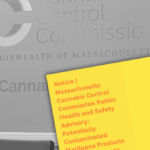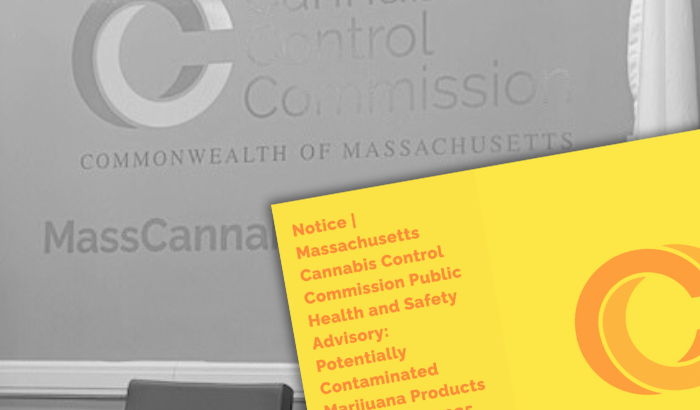
“Municipalities [must] encourage full participation … in the cannabis industry by establishing a transparent and objective selection process.”
Whether among members of the Cannabis Control Commission or between Social Equity applicants themselves, there has been a lot of discussion about the lack of funding and opportunities for economically disadvantaged entrepreneurs trying to become owners in the Massachusetts weed industry.
Those hurdles are well acknowledged, and people are anxiously awaiting further announcements about the state’s Cannabis Social Equity Trust Fund. But there’s another related layer of madness that prospective licensees have to face, and it’s the focus of a draft memorandum from the CCC to municipalities that host cannabis businesses regarding “Initial Policies and Procedures to Promote and Encourage Full Participation in the Regulated Marijuana Industry by Disproportionately Harmed Communities” (the memo was included in materials for the CCC’s May 22 meeting, and is dated May 11).
As the draft memo explains, since An Act Relative to Equity in the Cannabis Industry “was passed by the Massachusetts legislature and signed by [then-]Governor [Charlie] Baker on August 11, 2022,” the CCC “has been tasked with insuring that communities disproportionately harmed by the prohibition and enforcement of marijuana are guaranteed fair, transparent, and equitable access to the regulated marijuana industry; with the hope of promoting their full and meaningful participation.”
But the burden isn’t all on regulators. The memo continues: “Chapter 180 [of the Act Relative to Equity] mandates that municipalities encourage full participation of these communities in the cannabis industry by establishing a transparent and objective selection process. Further, local communities should adopt options to support equity applicants within their Host Community Agreements (“HCAs”) selection scoring assessment.”
And there’s a deadline: “Municipalities are required to adopt initial policies and procedures related to municipal equity must be adopted by July 1, 2023.”
But what exactly does that all mean? What can cities and towns possibly do? CCC commissioners aren’t exactly sure yet—the full details will come in November, when the agency must hit its own deadline to “promulgate or amend regulations” in the form of “a more robust regulatory framework to further clarify what communities ‘must’ do to meet the requirements of Chapter 180.” But for now, they’re suggesting best practices, like recommending that “communities focus on finding ways to support applicants who qualify as Social Equity Businesses.”
In order to “satisfy the equity mandates,” the CCC is initially recommending that municipalities “Lower fees for equity applications to reduce barriers to entry,” “Improve transparency and efficiency in the approval process,” “lower costs,” and update their websites with the most up-to-date zoning and licensing info.
There’s incentive on the table if they do: “Communities may be eligible to receive a distribution from the Department of Revenue if they host a marijuana retailer that is a Social Equity Business.”
At the May 22 CCC meeting, Commissioner Ava Callender Concepcion explained how the process of reviewing HCAs and instructing cities and towns will clear up certain misunderstandings in what can be an extremely complicated process.
“Municipalities under the law have to have equity provisions in place that support social equity businesses,” she said, adding that “an individual who has not gone through or been accepted to [the CCC’s] Social Equity program can still be deemed a Social Equity business under the law because they are eligible.”
“Technically speaking,” Callender Concepcion said, “someone could have access to local benefits but not the [state’s] social equity program.”

























